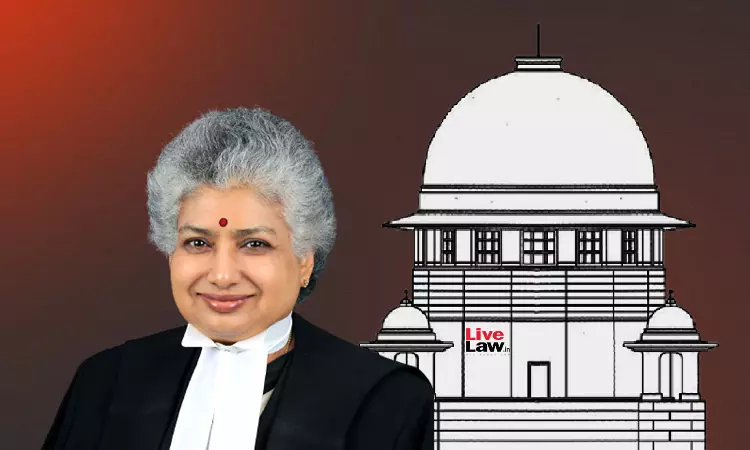'Betrayal Of Secularism' : Justice Nagarathna Criticises Chhattisgarh Authorities For Denying Christian Burial In Village
Gursimran Kaur Bakshi
27 Jan 2025 5:37 PM IST

"It is brotherhood and fraternity among citizens which would make the country stronger and more cohesive given the diversity of the land and the need for unity," she said.
Next Story


